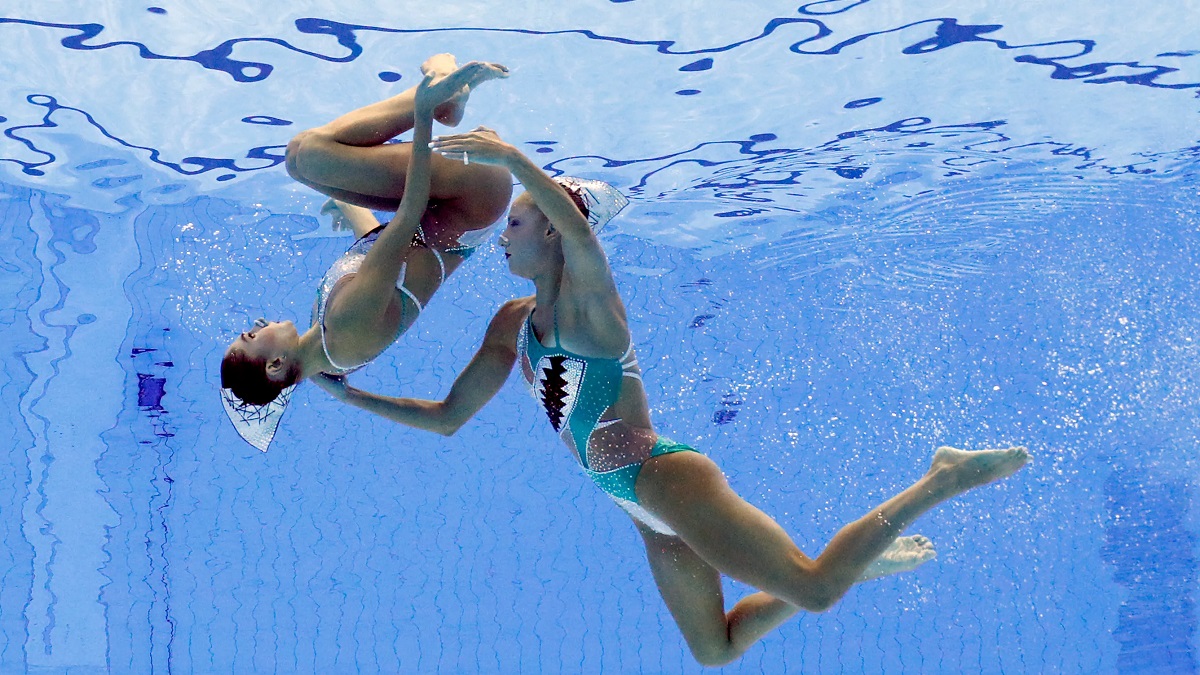The Greeks Were Fierce Swimmers; Why Did Swimming Have No Place In The Ancient Olympic Games?

Ancient Olympic Games: The ancient Olympic Games were an opportunity for participants to display their skill and excellence of spirit, which was known as “arte” or virtue and perfection, and was a sign of the “aristocratic” class.
Mark Spitz and Michael Phelps may be considered among the greatest Olympic swimming heroes, but their outstanding work would not have been as revered if it had been in ancient Greece. Although the Greeks knew how to swim and even boasted of their abilities in this water skill, at no point in the history of the early Olympic Games was swimming considered a part of the events and competitions?
The ancient Olympic Games were held between the 8th and 4th centuries BC and included events such as wrestling, boxing, and the pentathlon, a combination of running, jumping, javelin, discus, and wrestling. In this era, if a person did not know how to read or swim, he would face blame, and this shows that this water skill was a respectable trait. But why this sport was never included in the Olympic Games has baffled historians.
Ancient Olympic Games, In search of a solution to this mystery, some researchers hypothesize that swimming was left out because it was not considered a military activity, as all Olympic sports should have been applied on the battlefield. However, the famous historian Herodotus describes how Greek soldiers were able to escape the massacre by swimming during the war with Persia. In other reports, the Greeks used swimmers to deliver supplies to the besieged Spartans in the Peloponnesian War.
It should also be noted that many of the ancient Olympic games, such as the high jump and the discus throw, had little to do with war and were not considered military exercises.
Ancient Olympic Games: The Greeks Were Fierce Swimmers

Rejecting the military theory, Dr. Edward Clayton of Central Michigan University has written a new paper that says swimming was not part of the ancient Olympics because fishermen, oyster catchers and people who made a living from swimming could have won.
Ancient Olympic Games, Clayton says the games were more than just sports. These games were an opportunity for the participants to display their skill and excellence of spirit, which was known as “arte” or virtue and perfection, and was a sign of the “aristocratic” class. According to this author, this meant that athletes had to come from families capable of providing such perfection and virtue, and in Athens this meant the aristocracy. While fishermen and those who swam for a living were considered among the working class (banausoi).
According to IFL Science, according to the interpretation of great men like Aristotle, any activity that uses the body to earn money, instead of exalting the body and soul, degrades them, and no real athlete can use his body for economic gain. Clayton writes, “It was not acceptable to associate athletic competition with an activity that was done to earn money, or something that a person did to earn a living.”
Ancient Olympic Games, In addition, the ancient Greeks believed that “arete” or virtue and perfection was reflected in a man’s physical beauty, and the display of this physical quality was an essential part of the Olympic sports. Accordingly, Clayton mentions the reason for the nudity of the Olympic athletes in the competitions. “It is quite obvious that sports competitions had a strong erotic component for the ancient Greeks,” he says. While swimming competitions did not allow this display and the athletes’ bodies were completely hidden from the eyes of the spectators.
Also Read:




